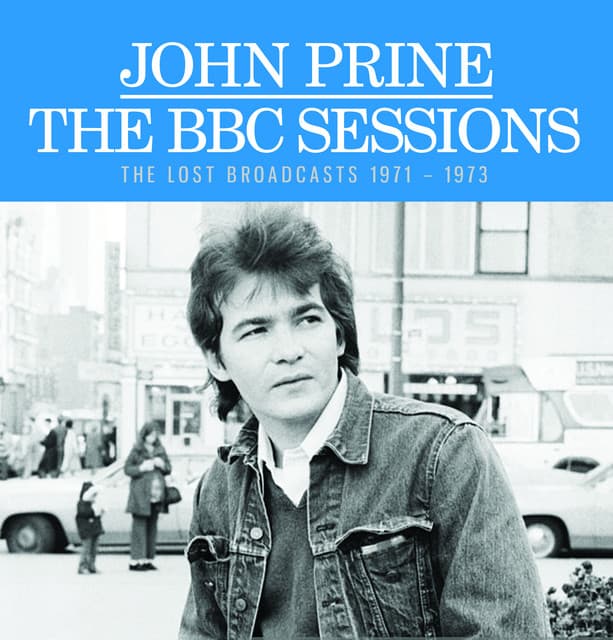
The Silent Wounds of a Nation: A Veteran’s Descent
The year 1971. A time of disillusionment, of a slow, creeping realization that the promises of a great society were, for too many, turning to dust. It was in this cultural crucible that a young singer-songwriter named John Prine stepped onto the stage, guitar in hand, and delivered a song so quietly devastating, so brutally honest, that it remains an essential, aching artifact of its era. The song was “Sam Stone,” featured on his self-titled debut album, John Prine.
Chart Position and Initial Reception
While John Prine‘s debut album, John Prine, didn’t immediately set the charts ablaze, the depth and quality of its songwriting, particularly tracks like “Sam Stone,” quickly garnered critical acclaim. At the time of its release, this wasn’t the kind of song that topped the Hot 100; it was a challenging, somber piece of folk storytelling meant for contemplation, not AM radio rotation. Yet, its power was undeniable. Time magazine reviewed the song on July 24, 1972, acknowledging its importance, and decades later, its enduring legacy was cemented when Rolling Stone magazine, in a 2013 poll, ranked “Sam Stone” as the eighth saddest song of all time. This remarkable longevity and critical recognition speak far louder than any fleeting chart success ever could, confirming its status as a timeless classic.
The Genesis of a Heartbreak
“Sam Stone” was originally titled “Great Society Conflict Veteran’s Blues,” a title that cuts straight to the heart of the matter. The song is a stark, unvarnished portrait of a drug-addicted veteran who returns from “serving in the conflict overseas” with a Purple Heart—a medal symbolizing courage and sacrifice—but also with invisible, crippling wounds that lead to his death by overdose. Though the song deliberately avoids naming the Vietnam War, it is universally understood as a searing commentary on the phenomenon of heroin or morphine addiction that ravaged returning veterans. This was a dark echo of history; a similar surge of addiction followed the Civil War, where morphine dependency was chillingly dubbed “Soldiers’ Disease.”
Prine’s masterful, restrained lyricism allows the story to unfold with gut-wrenching clarity. The narrative follows Sam as he succumbs to a “habit,” a slang term frequently associated with heroin use. The single explicit reference to morphine is there, but Prine’s poetic details drive the true meaning home, such as the line, “he popped his last balloon,” a stark and specific reference to the common practice of packaging street heroin in small rubber balloons.
The Enduring, Agonizing Meaning
What gives “Sam Stone” its profound, tear-in-your-beer weight is its unforgettable refrain, an image that sears itself into the listener’s memory: “There’s a hole in Daddy’s arm where all the money goes.” This line is more than a statement about addiction; it’s an indictment of the cost of war that extends far beyond the battlefield. It speaks to the hollowed-out lives, the broken families, and the stolen futures—the true price paid in the quiet desperation of a living room, not the roar of a helicopter.
For those of us who lived through those tumultuous decades, the song evokes a visceral, nostalgic sadness. It’s the sound of a country grappling with the fallout of a divisive conflict, a melody steeped in the regret and loss that settled over America like a thick fog. The concluding line of the refrain—“Sweet songs never last too long on broken radios”—is a perfect, elegiac metaphor. It speaks to the shattered hopes and the inability to find solace or simple joy when life itself is damaged and discordant.
“Sam Stone” is not just a song about a drug overdose; it is a timeless, compassionate eulogy for every forgotten soldier, a haunting reflection on the promises broken by society, and a powerful reminder that some of the deepest scars of war are the ones we cannot see. John Prine didn’t just write a song; he held up a mirror to a nation’s hidden grief.